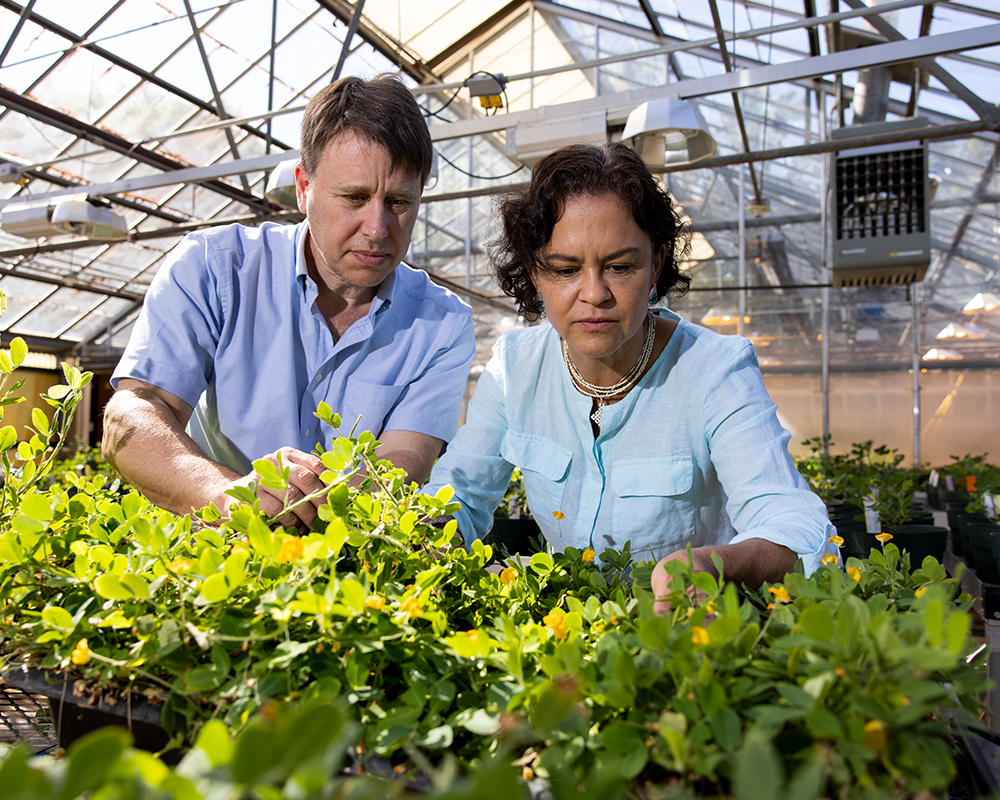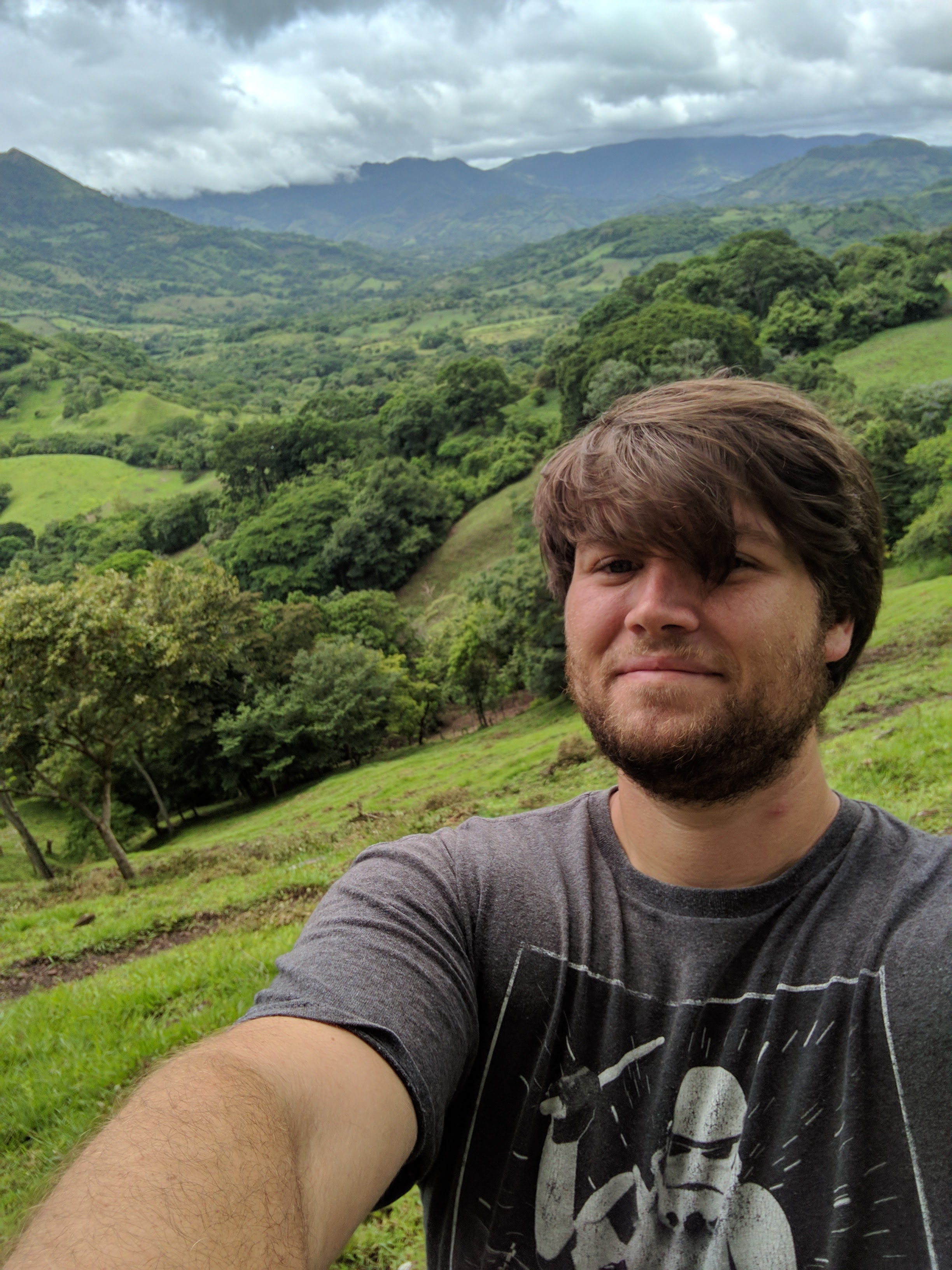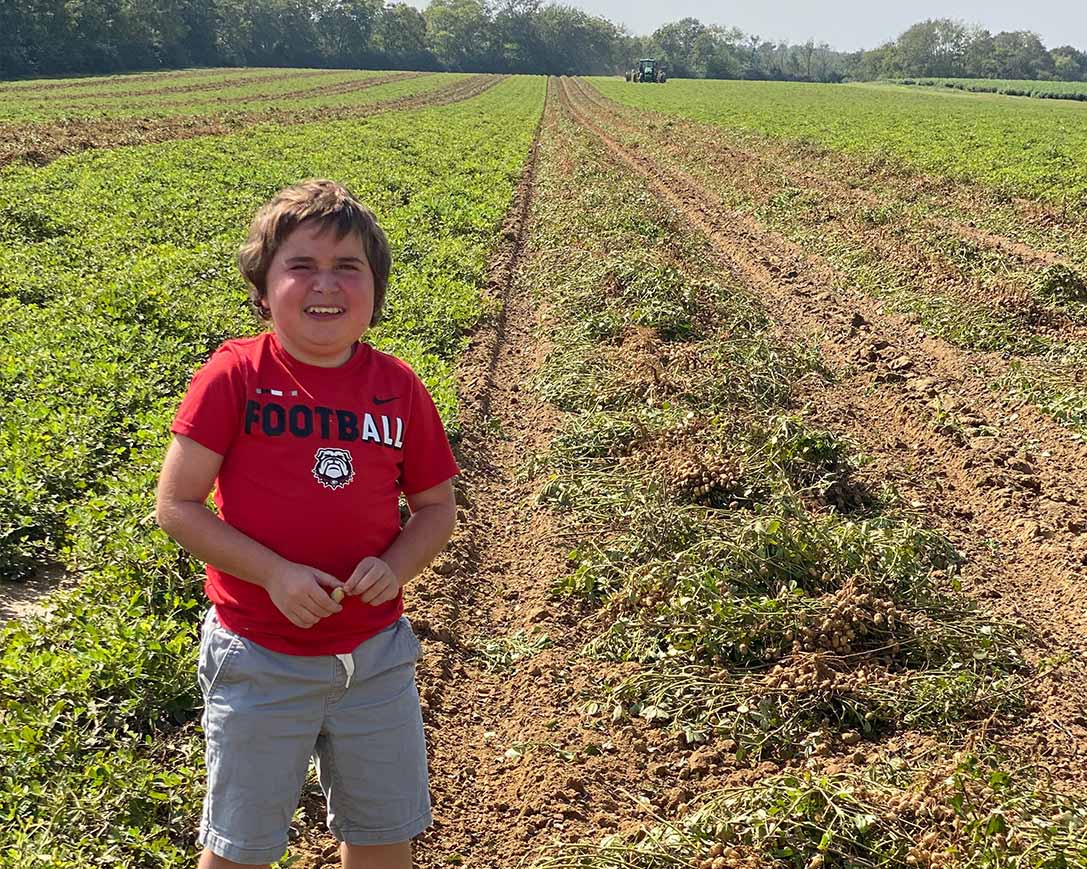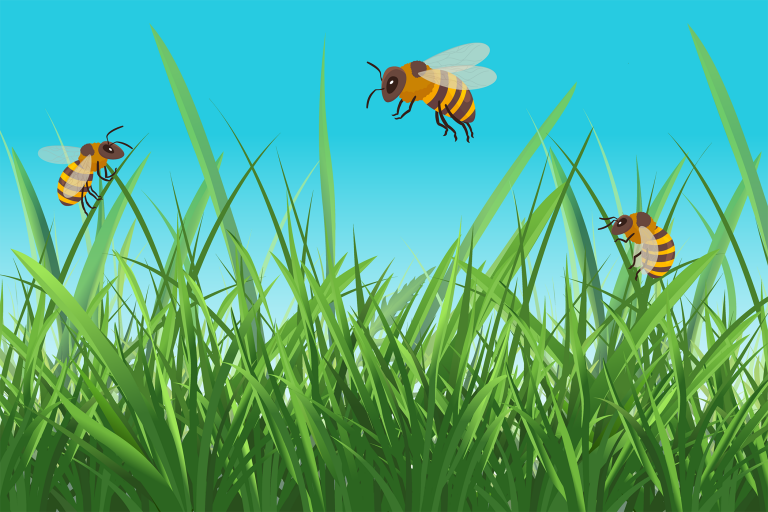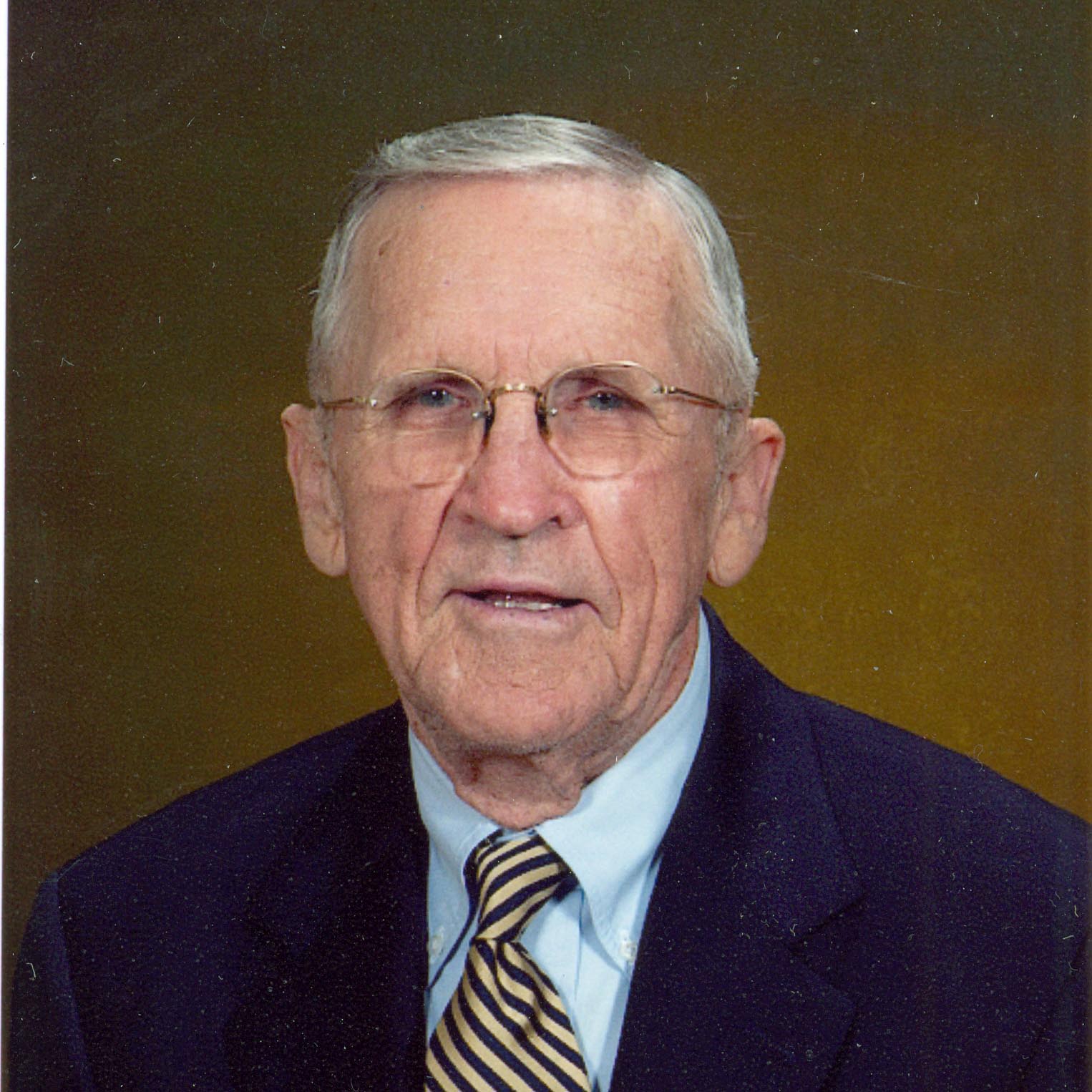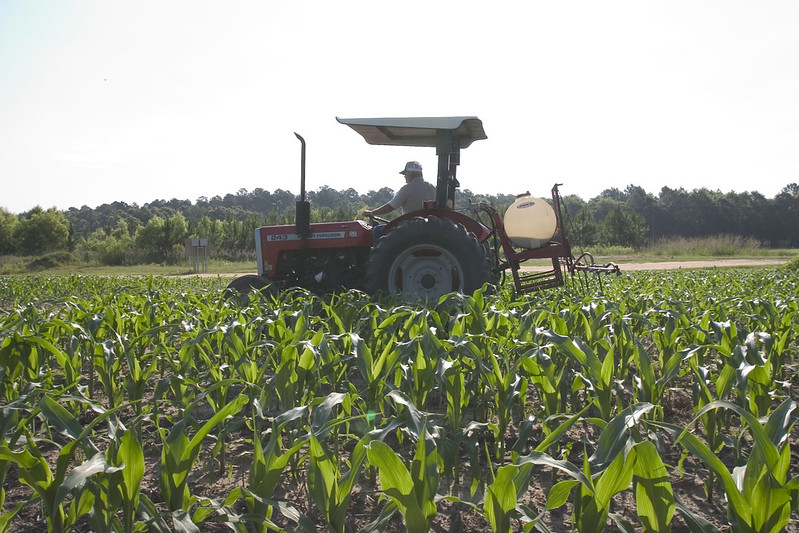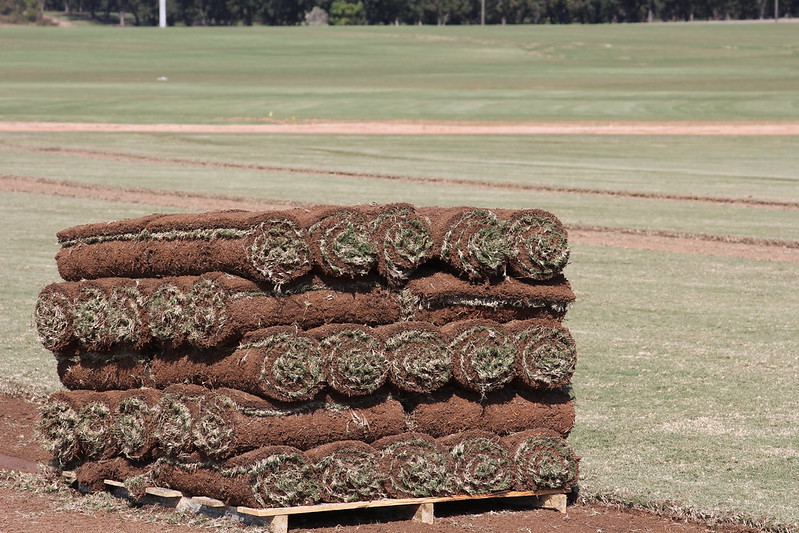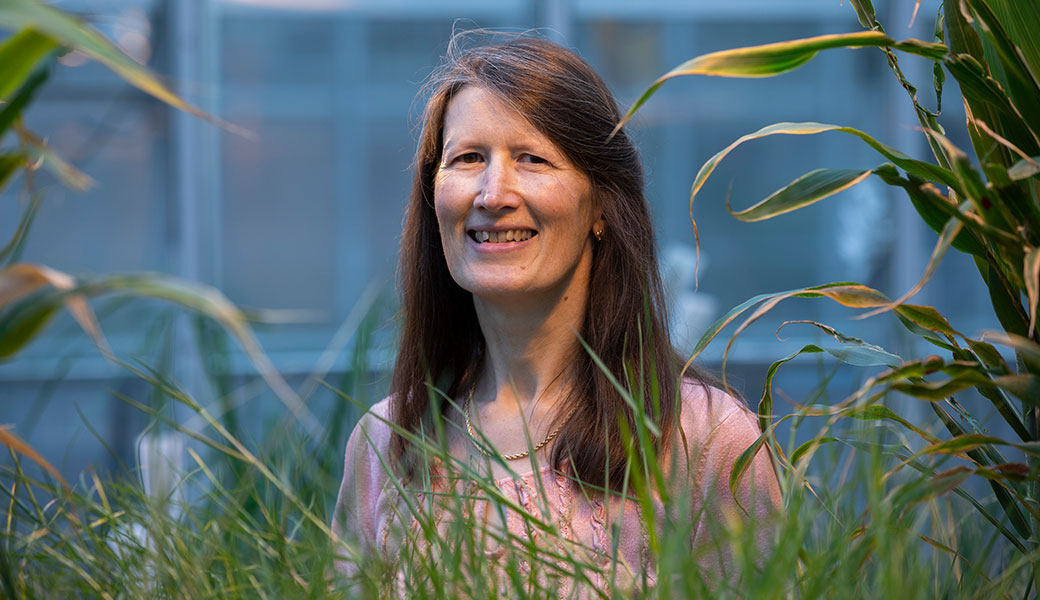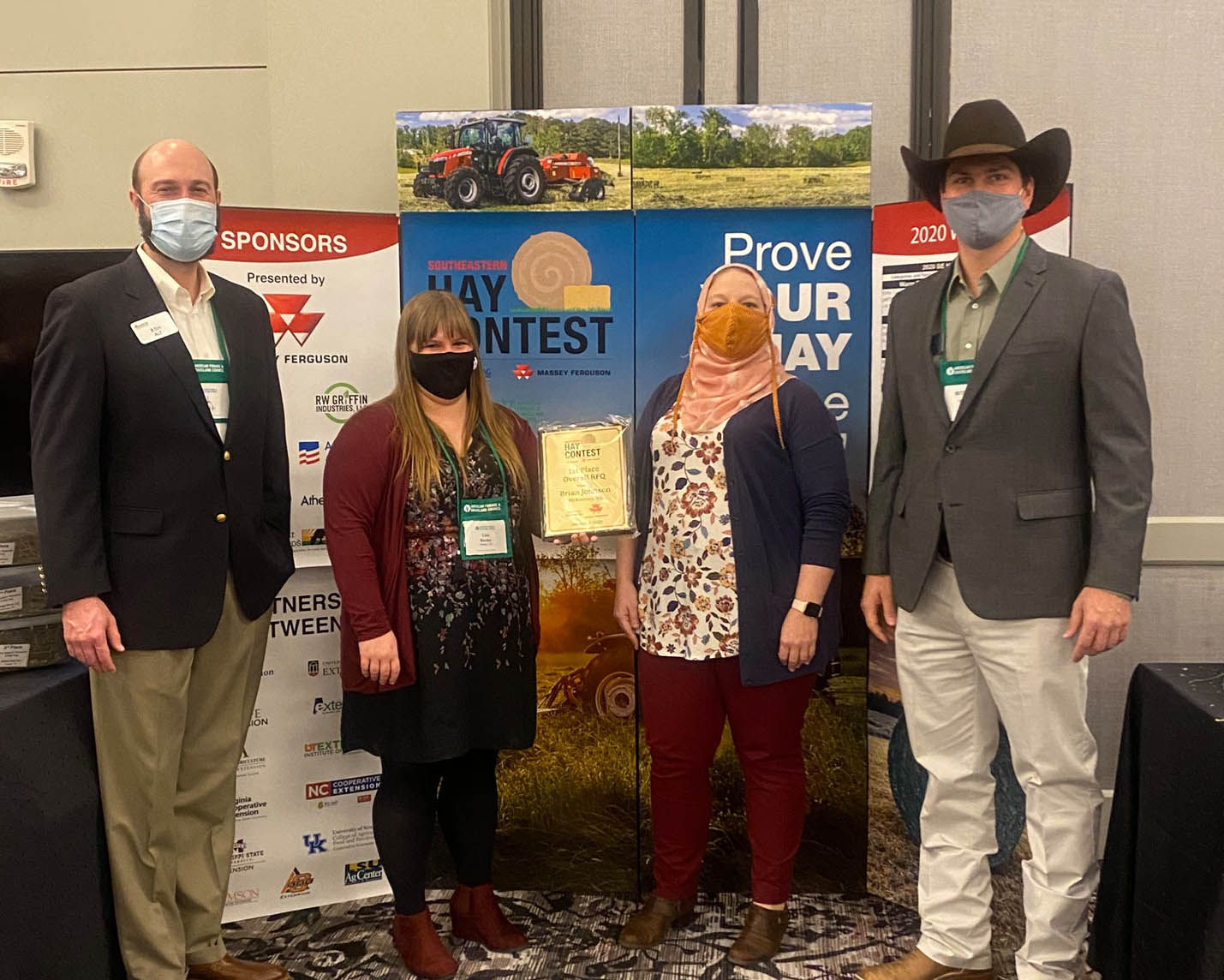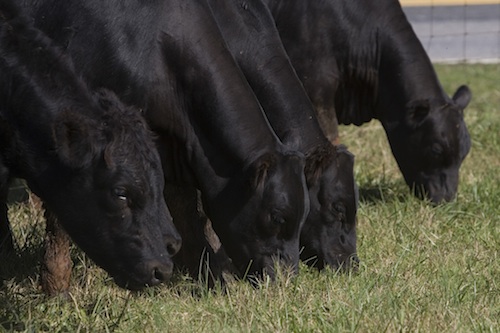 CAES News
CAES News
Managed Grazing
As the face of the American farmer changes, so do some of the methodologies, technologies and results. This is no different for the young ranchers trying to get started in the business or starting new roots away from the family farm. The reality is that many of us have jobs and homes away from the farm and run cattle on land that we don’t see every day, sometimes only once a week if we’re lucky. Considering this situation I understand why, after talking about the benefits of managed grazing, I often get the long looks that say, “That sounds good but it won’t work for me.”

